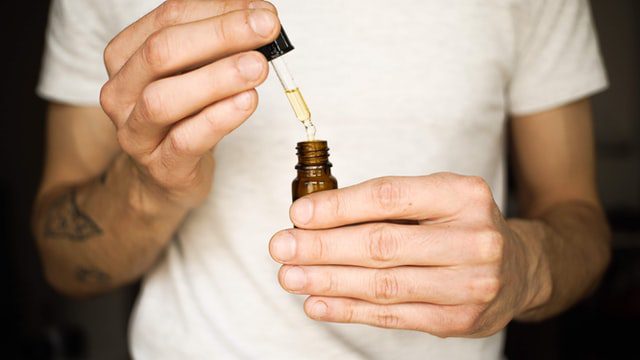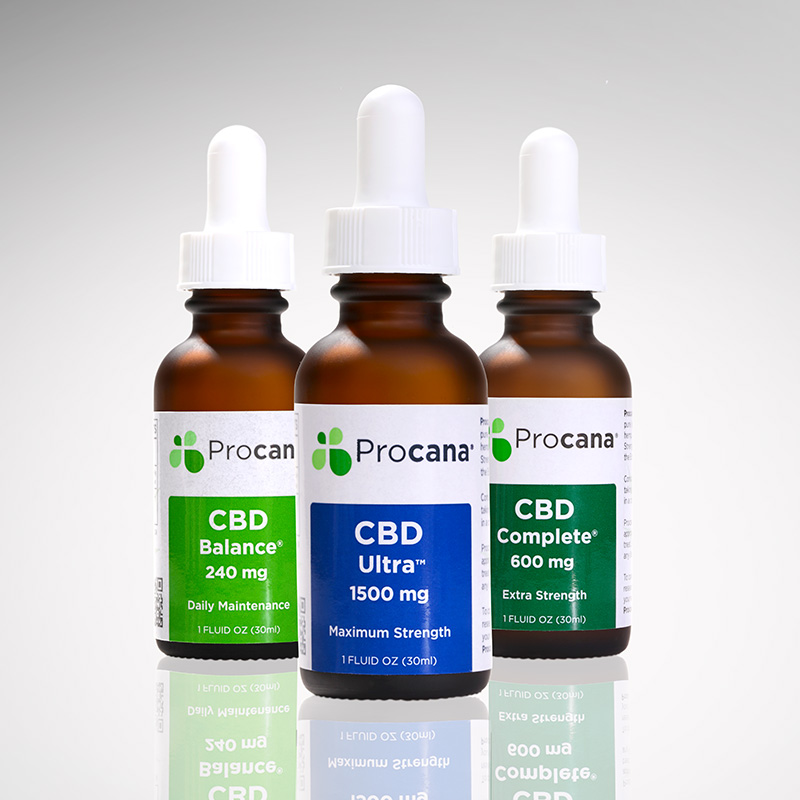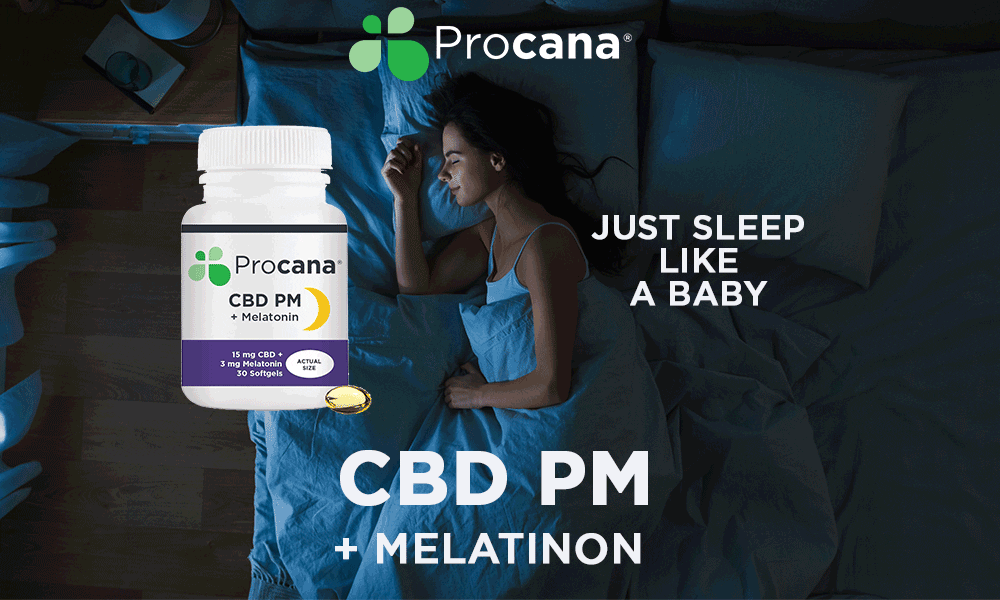CBD oil is touted for its health and therapeutically benefits. Many people use CBD oil for different reasons, such as regulating sleep cycles, alleviating mood, and managing chronic pains. Many people have the misconception that CBD oils never expire. Like most things, all oils carry expirations regardless if we are referring to the CBD or the carrier oil. Different oils have varied shelf life and expiration time. This article will provide you insight regarding expiring, storage, shelf life, right maintenance, and many more regarding CBD oil.
Do CBD Oil Expire?
Yes, CBD oil expires like any other botanical product. First of all, cannabinoids and other ingredients in oil start losing their potency, and eventually, the product expires. Duration, temperature, and storing conditions play an important role in degrading the ingredients in a product. Many manufacturers list the expiration dates and batch numbers on their products, including CBD oil, so the consumer may get an idea of how long it will last.
What Is the Shelf Life of CBD Oil?
Usually, the shelf life of CBD oil ranges between fifteen months to three years. High-quality CBD oils tend to last longer when compared to low-quality oils. Pure CBD oils or extract last longer as they do not contain any other ingredients.
Factors Affecting the Shelf Life of CBD Oil
Different factors affect the shelf life of CBD oil, but the main culprits are heat, exposure to sunlight, improper storage, and oxygen. By understanding the affecting factors, you can increase the shelf life. Following are some factors that affect the shelf life.
– Quality Of Ingredients and Carrier Oils
Almost every CBD oil has carrier oil like hemp oil, olive oil, MCT oil, etc. these carrier oils have their own shelf life, and definitely, their expiration and freshness can affect the shelf life of the final CBD product. For example, MCT oils can lose either potency when exposed to oxygen. Usually, it’s not hard to judge that your carrier oil has gone bad, as some oils show discoloration and some show a putrid smell. The same is the case with other ingredients added to CBD oil like flavonoids, THC additives, etc. Some CBD oils have additional scent and flavor, which can affect the quality. Actually, every CBD oil has a different formulation according to the manufacturer, so ingredients may vary from brand to brand.
– Extraction Process
The extraction process also affects the quality and shelf life. The carbon dioxide extraction method is considered the gold standard. It maximizes the level of CBD in the product. Some companies use chemical dilution for the extraction of CBD, which affects the quality of CBD oil and decreases the shelf life.
– Heat and Light Exposure
Heat and light exposure are the main culprits and affect the shelf life badly. Have you ever noticed that all CBD oil bottles are dark or amber-colored bottles because dark bottles save the oil from light exposure? When oil and its ingredients are exposed to light and heat, the degradation process becomes fast.
– Storage Conditions
Always store the CBD oil in a cool, dark, and dry place. Close the bottle properly after using CBD oil to reduce its exposure to oxygen and air. Many people don’t tightly close the cap of the bottle after using the CBD oil, which accelerates the degradation process. Many people put their CBD oil bottles carelessly near the window, which also increases the risk of heat and light exposure.
Indications of CBD Oil Expiration
It is not hard to know about CBD oil’s expiry. Following are some indications that tell you about the oil’s expiry.
– It Smells Stinky
Usually, CBD oil has an earthy smell, but when it starts to smell rancid, then it’s time to throw it away. Sometimes CBD oil’s taste changes first rather than odor. So you can taste it as well. If its taste is bitter or much worse than the normal flavor, you definitely won’t keep it on your shelf.
– Change In Color and Texture
You can observe changes in the color and texture of the oil. If the texture of the CBD oil turns foggy, then it means that the cannabinoids and terpenes have started to degrade, and your oil is near to expire. The murkiness is the sign that oil and other ingredients are separating from one another and that the CBD oil will be no longer useable. Change in the color of CBD oil is another indication and usually due to long exposure to sunlight. It indicates that compounds in CBD oil are going to degrade, and oil will not be viable.
Tips to Increase Shelf Life of CBD Oil:
- Always buy quality CBD oil from a reputable company
- Buy CBD oil with dark-colored bottles
- Buy CBD Oil in the required quantity if you don’t have proper storage conditions.
- Always store CBD oil in a cool and dry place.
- Always check the date of manufacturing. Many times CBD oil has to be put in warehouses for longer periods. They start to lose their potency before reaching customers.
- Third-party testing is another way to get quality CBD oil. Always prefer CBD oil that has passed through testing by a third party for quality assurance.
Can Expired CBD Oil Make You Sick?
Usually, pure CBD oil does not usually turn rancid like food or other organic liquids. So there are fewer chances of falling ill on the consumption of a small dose of expired CBD oil. However, the carrier oils have a great impact on the longevity of the product. To stay on the safer side, throw it away and buy a new bottle of CBD oil.
Wrapping Up
The bottom line is that CBD oil can expire like any other oil and botanical product. Buying a quality product and proper storage conditions can increase the shelf life. A large number of CBD oils clearly mention manufacturing and expiration dates.
So always be sure to read the labels to know the longevity of the CBD product you intend to purchase.




